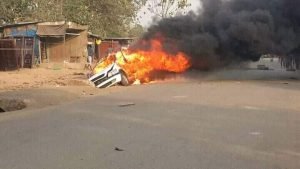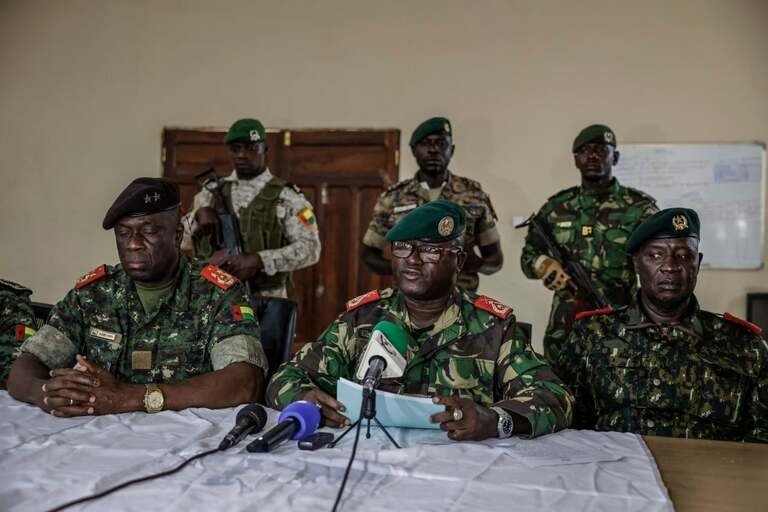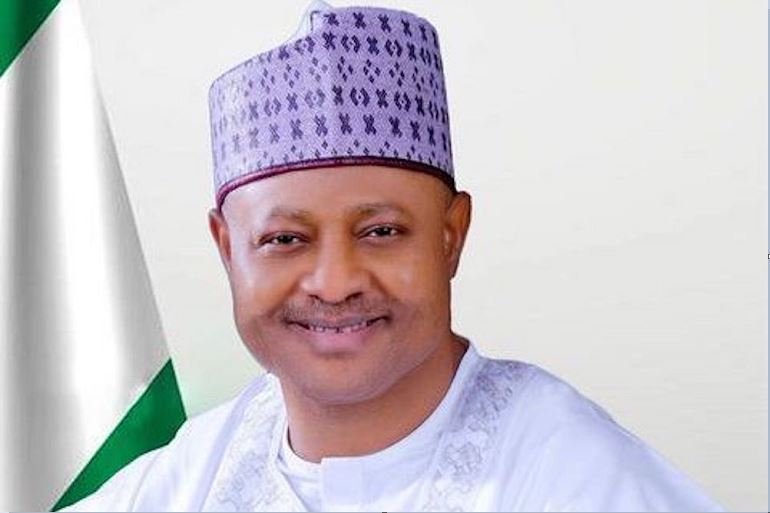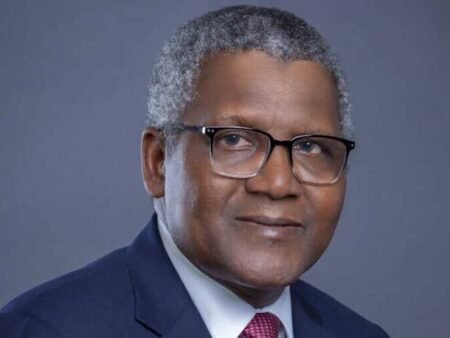The Federal Government criticized the military coup in Guinea-Bissau, describing it as a major danger to democracy and regional stability.
The Federal Government, in a statement issued by the spokesperson for the Ministry of Foreign Affairs, Kimiebi Ebienfa, on Thursday, said it learned of the development “with profound dismay and deep concern,” accusing the coup of resulting in “an unconstitutional change of government in the Republic of Guinea-Bissau.”
According to the administration, it “condemns this act of military insurrection, which undermines the democratic progress, constitutional order, and stability not only of Guinea-Bissau but of the entire West African sub-region.”
It added that the coup “represents a blatant violation of the fundamental principles of the Economic Community of West African States Protocol on Democracy and Good Governance, which explicitly rejects any ascension to power through unconstitutional means.”
Nigeria expressed sympathy with the people of Guinea-Bissau, calling for the “immediate and unconditional restoration of constitutional order, the safety and security of all those detained, and full respect for the sanctity of democratic institutions in Guinea-Bissau.”
The statement also urged Guinea-Bissau’s authorities to protect the country’s remaining foreign observers.
“The Nigerian Government wishes to unequivocally call on the authorities in Guinea-Bissau to ensure and guarantee the safety of all election observers still in the country on official assignment,” it added.
The government called for moderation, urging all parties concerned to remain calm and respect the country’s democratic processes.
It noted, “The Federal Government of Nigeria urges all actors involved to exercise utmost restraint, prioritize peaceful dialogue, and respect the will of the people of Guinea-Bissau as expressed through their ballots and the peaceful conclusion of the election with the announcement of results by the electoral management body.”
Nigeria stated that those involved in the coup would face consequences, saying, “We warn that the perpetrators of this act will be held accountable for their actions, which threaten to plunge the nation into chaos and reverse the hard-won gains of its democracy.”
The administration underlined its determination to cooperate with regional and international partners to restore stability.
“Nigeria, as a key member of the Economic Community of West African States and the African Union, will work closely with our regional and international partners to take all necessary measures to ensure the swift return to normalcy and constitutional governance in Guinea-Bissau.
“We reaffirm our unwavering commitment to the promotion of democracy, peace, and stability across the African continent,” the statement added.
On Wednesday, election observers from the AU and ECOWAS condemned the military’s proclamation of a coup d’état, calling it a deliberate attempt to undermine the country’s democratic process.
Guinea-Bissau was thrown into disarray on Wednesday when military officials declared “total control” of the country, closing its borders and halting the electoral process only three days after the general elections.
Earlier in the day, armed men blocked access roads near the presidential palace, prompting reports of heavy gunfire.
General Denis N’Canha, chief of the presidential military office, said that a command “composed of all branches of the armed forces was taking over the leadership of the country until further notice,” while accompanied by military personnel.
According to a senior officer quoted by AFP, incumbent president Umaro Embalo, who is considered the front-runner in the polls, was seen inside a building behind military headquarters “with the chief of staff and the minister of the interior.”
“I have been deposed,” Embalo told French TV France24 over the phone.
Embalo and opposition candidate Fernando Dias have both declared victory, with provisional results expected Thursday.
The coup is the latest in a series of upheavals in the coup-prone West African country, which has seen four successful coups and several attempts since independence. N’Canha said that the military had discovered a conspiracy involving “national drug lords” and the trafficking of weapons “to alter the constitutional order.”
The military forces also suspended media coverage, imposed a curfew, and halted all election operations. The National Electoral Commission later claimed to be attacked by unidentified armed individuals.
More than 6,700 security troops, including members of the ECOWAS Stabilization Force, were deployed for the elections, which came after years of political instability.
The PAIGC party and its head, Domingos Simoes Pereira, were barred from participating in the 2025 elections after the Supreme Court found that their submissions were late, which the opposition said was manipulation.
Embalo has ruled by decree since dissolving the opposition-dominated legislature in 2023, and detractors say his presidential term ended on February 27.










